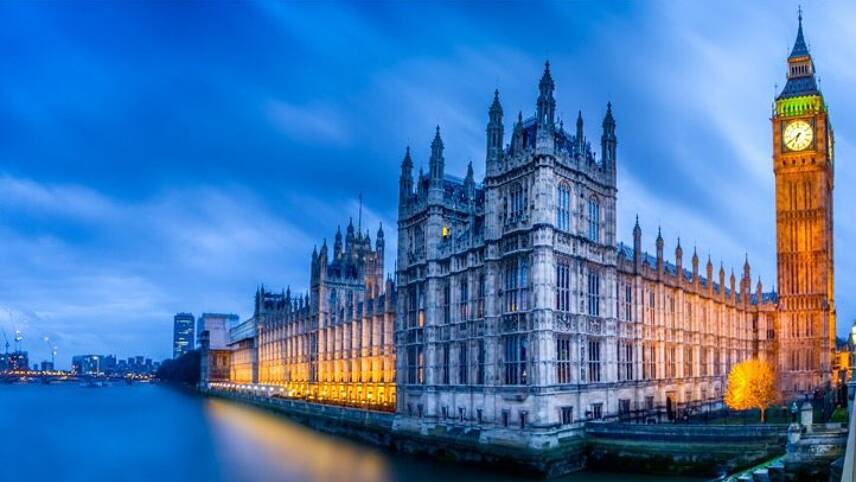Register for free and continue reading
Join our growing army of changemakers and get unlimited access to our premium content

Truss outlined a flurry of new energy commitments
Liz Truss has been named as Britain’s third female Prime Minister following official meetings with the Queen at Balmoral Castle on Tuesday (6 September). As Truss pieces together her Cabinet of MPs, there is a growing to-do list with energy sitting firmly at the top.
With reports suggesting that Truss’ energy plan could arrive this week, the CCC and NIC have sent a joint letter to the Prime Minister this morning (7 September) setting out key recommendations that they believe can improve energy access and efficiency and lower costs.
The letter states that the UK “cannot address this crisis solely by increasing its production of natural gas”, claiming that existing reserves are “too small to impact meaningfully the prices faced by UK consumers”.
Instead, the CCC and NIC recommend that Truss’ energy plan introduced credible policies to improve building energy efficiency and work on market-based mechanisms for low-carbon heat.
The letter also states that the UK should take advantage of the new auctions for onshore wind and solar, given that renewables are currently the cheapest for of electricity generation.
Additional measures include providing a “comprehensive energy advice service” for households and to update National Policy Statements for energy and acts quickly to resolve barriers to deployment of strategic energy infrastructure.
Authored by CCC Chair, Lord Deben, and NIC Chair, Sir John Armitt, the letter states: “We welcome your support for the UK’s Net Zero target. Meeting Net Zero can help secure the UK’s energy sovereignty and protect it from volatile fossil fuel prices. Infrastructure has a critical role in supporting the delivery of Net Zero.
“Decisive Government action in the near term can deliver lasting benefits to the UK’s climate and energy security. In addition to any new package of support for consumers this winter, we urge you to follow the principles laid out in the British Energy Security Strategy and the Net Zero Strategy. The best policies for the consumer are those that support lasting energy security and a low carbon, low-cost energy system.”
Truss’ energy plan
The letter is being sent amidst rumours that Truss is planning to freeze energy bills at £1,971 for households until at least the end of January.
At the end of August, regulator Ofgem raised the energy price cap, pushing the average household energy gas and electricity bills to more than £3,500 annually, prompting fresh calls for urgent policy intervention.
The new price cap was expected to come into force in October and run through to the end of December, leaving many households worried as to how they will afford to pay their bills. The new cap will affect 24 million households – about 85% of the population.
It is important to state that while this has been branded an energy cost crisis, the key contributor to rising costs is gas. Analysis from the Energy and Climate Intelligence Unit (ECIU) has found that is likely to add £2,300 to the average costs increase to date and could surpass £3,000 next year – around 95% of the total costs.
The BBC is reporting that a more detailed plan to tackle the energy crisis could arrive on Thursday (8 September), including the aforementioned price freeze.
However, during her campaign, Truss seemed to heavily favour expanding North Sea oil and gas exploration and it remains to be seen whether Truss will enable accelerated action in this area.
However, green groups remain adamant that promoting renewables in the short and long-term is the best way to respond to the crisis.
Commenting on the potential energy plans, Jess Ralston, senior analyst with the Energy and Climate Intelligence Unit (ECIU) said: “While a lifeline for many this winter, an emergency energy price freeze could leave households with an average £4,600 debt to pay back in the coming years.
“This ongoing gas crisis levy puts even greater focus on bringing down bills permanently. No brainer actions to reduce our demand for gas through insulation and renewables is really the only way to do this, so the key question now is: will the new PM acknowledge the arithmetic and invest now to cut bills?”


Please login or Register to leave a comment.